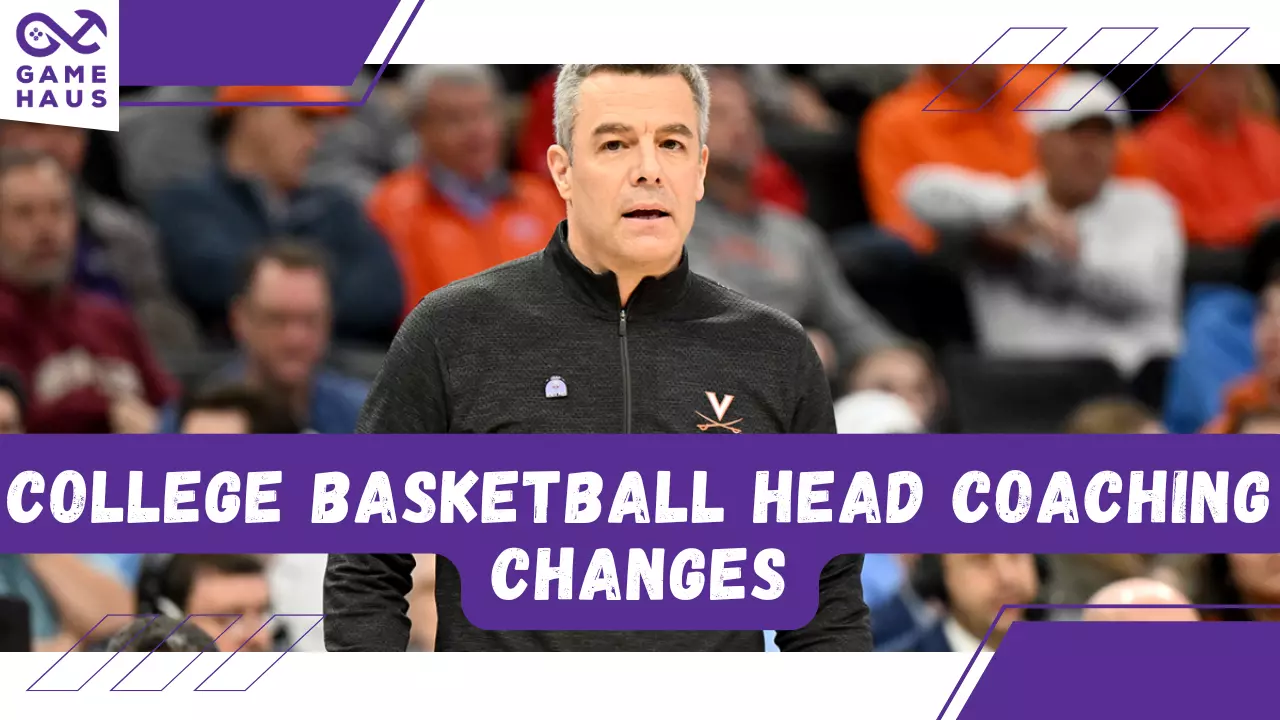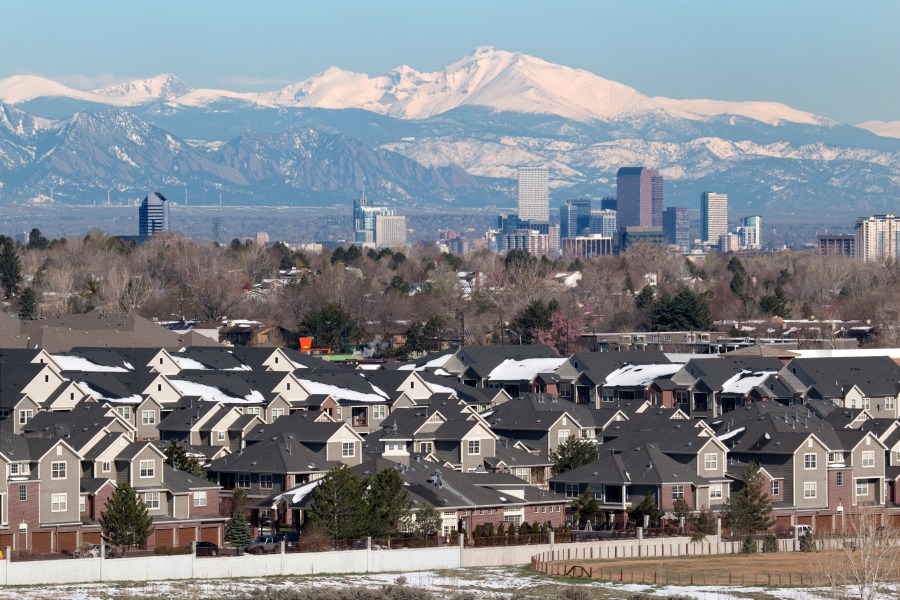Work Matters
Your recent article about the slow rate of hiring even during a period of low unemployment drives home the hardship that many workers are now facing (“‘No hire’ job market leaves unemployed in limbo as threats to economy multiply,” Nov. 7). I am a researcher studying the many ways that work shapes health outcomes, and one thing is certain: unemployment translates not only to financial distress for workers, but also to their overall health and well-being.
There is a wealth of evidence that stable, good jobs help workers and their families thrive which in turn is good for business. For several decades I have led research focusing on worker health, safety, and wellbeing—research that has been left reeling from massive funding cuts to science imposed by the federal government.
Uncertain funding interrupts research that is already in process, undercuts tracking of long-term health effects, and cripples our readiness to respond to upcoming workplace changes such as AI and the expanding gig economy. For these reasons, I am asking our Massachusetts delegation to Washington, in particular Representative Kathryn Clark, MA-05, to prioritize funding for science.
The health of Massachusetts’ workers and its economy depend in turn on the healthy state of our science.
Glorian Sorensen
Watertown
Traffic Congestion
It’s happening in Greater Boston right now, and it’s a win-win. Putting affordable housing units near public transit stations addresses our housing crisis, AND our growing traffic congestion (“Building more apartments near public transit,” Nov. 14).
It comes as no surprise to anyone who drives in the Boston Metro area that Boston ranks fourth nationally for traffic congestion. And that I-93 Southbound (Boston to Rt. 3) is the second most-congested traffic corridor in the entire country (INRIX 2024 Global Traffic Scorecard: Employees & Consumers Returned to Downtowns, Traffic Delays & Costs Grew).
I hope that giving more commuters access to public transportation will slow the growth in congestion for those of us who lack access to public transportation. It should also help us meet our Massachusetts greenhouse gas goals.
Thanks to all those in the Charlie Baker and Maura Healey administrations whose foresight made this possible.
Bill Beckett
Watertown
Obamacare
If the Affordable Care Act (Obamacare) is so affordable then why do Americans need government subsidies to afford coverage? It is because the choices offered in Obamacare are way too costly. Healthy, young citizens are forced to pay for coverage that they don’t need.
The high cost of coverage is a boon for insurance companies. Without the government subsidizing the cost, many Americans would not seek coverage. Subsidies are welfare for big insurance companies.
Taxpayers should not be paying subsidies for a broken health insurance system. End Obamacare and build a healthcare system that is affordable.
Donald Houghton
Quincy
https://www.bostonherald.com/2025/11/16/letters-to-the-editor-736/


